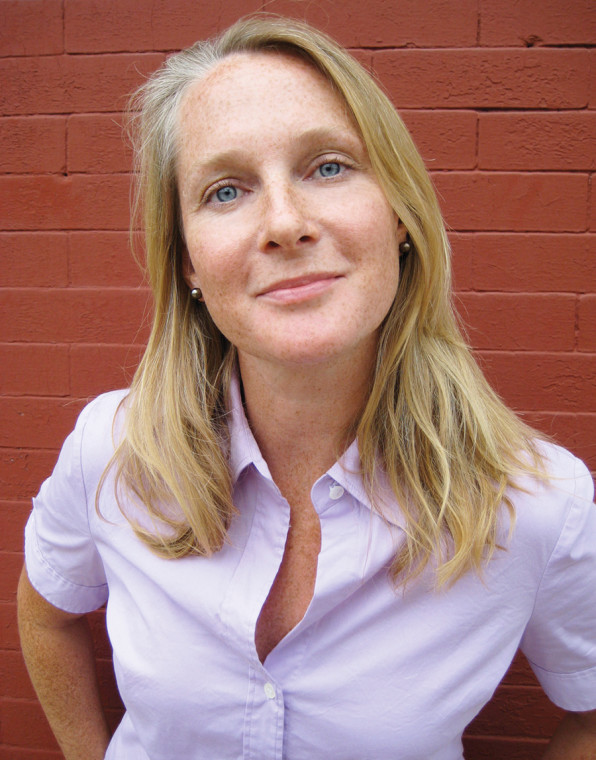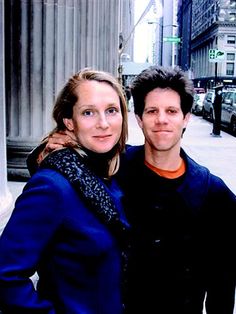
I had co-workers who were black and Latina and Asian. My work assignment in the electric shop was not made along racial lines. What I found was that, over time, it was less and less important. "When you are first setting foot into this unit, this strange new community which you'll be living in, race is a really powerful organizing principle.

Piper Kerman works as a communications consultant for nonprofits. And what's confusing about that is that they're selectively enforced and frequently broken by the prison staff themselves. Those include all the daily counts, when every single person within a unit is counted, and there's a host of rules, both reasonable and unreasonable. First of all, you have to learn and understand all of the rules of the institution, all of the rules that are enforced by all of the guards and all of the wardens. "When you get to prison, if you've never been locked up before, there's this incredibly steep learning curve. It was a time to ready myself, in a strange way, and so when I did walk through prison gates in 2004, I was really ready to get it over with." But it was a time to really ponder and really think about what I had done and those consequences that I was going to be facing.

And that was a really difficult, difficult time.

"The interesting thing about my case, which is so different from the vast majority of folks who are working their way through the criminal justice system, is that I had this close to six-year delay between learning that I would go to prison and actually walking through prison gates. On the stretch of time between finding out she could go to prison and actually going there


 0 kommentar(er)
0 kommentar(er)
